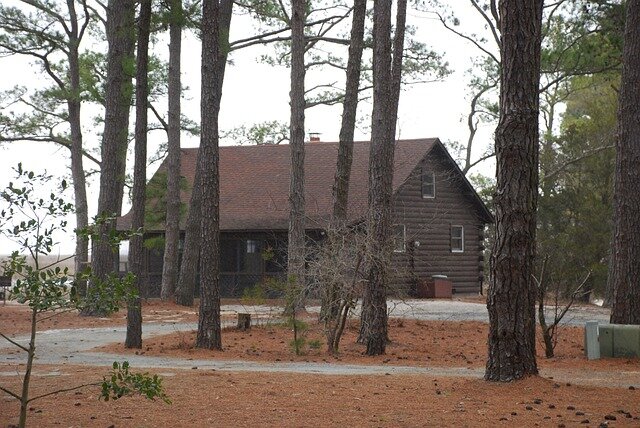Wisconsin, with its picturesque landscapes and natural beauty, has long been a haven for camping enthusiasts. For those looking to turn their passion for the great outdoors into a thriving business, the state offers a plethora of campgrounds for sale. In this comprehensive guide for 2024, we will delve into the various aspects of purchasing a campground in Wisconsin, covering everything from market trends to regulatory considerations.
Campgrounds for sale in Wisconsin Details –
1. The Allure of Wisconsin’s Campgrounds: A Business Perspective
Wisconsin’s campgrounds are more than just patches of land; they represent a lifestyle and a business opportunity. Before diving into the specifics of available campgrounds for sale, it’s crucial to understand the appeal of Wisconsin as a camping destination. The state’s diverse geography, including lakeshores, forests, and rolling hills, provides a perfect backdrop for a variety of camping experiences, attracting nature lovers from all walks of life.
2. Current Market Trends: What to Expect in 2024
To make an informed decision, prospective buyers need to stay abreast of market trends. In 2024, the camping industry is experiencing notable shifts, including increased demand for sustainable and eco-friendly camping experiences. Campgrounds that offer unique, immersive activities, such as nature trails, wildlife observation, and stargazing events, are gaining popularity. Understanding these trends is essential for tailoring your campground to meet the evolving preferences of modern campers.
3. Locating the Ideal Campground: Factors to Consider
Finding the right campground for sale involves a meticulous evaluation of various factors. Location is paramount, with considerations such as proximity to tourist attractions, accessibility, and the natural surroundings influencing the campground’s appeal. Infrastructure, existing amenities, and potential for expansion should also be carefully assessed. Moreover, understanding the local community and its dynamics can provide valuable insights into the long-term success of the campground.
4. Navigating Regulations and Permits
Acquiring a campground in Wisconsin involves complying with a range of regulations and obtaining necessary permits. From environmental regulations to zoning restrictions, understanding and adhering to the legal framework is crucial for a smooth transition of ownership. Local and state authorities may have specific requirements, and prospective buyers should engage legal counsel to ensure all necessary permits are secured.
5. Financing Your Dream: Options and Considerations
Financing the purchase of a campground requires careful planning. Buyers can explore various options, including traditional bank loans, Small Business Administration (SBA) loans, or seller financing. Each option comes with its own set of considerations, such as interest rates, repayment terms, and eligibility criteria. It’s essential to assess your financial standing and choose the financing option that aligns with your long-term business plan.
6. Marketing Strategies for Campground Success
Once the purchase is complete, effective marketing becomes crucial for attracting campers to your site. In the digital age, online visibility is paramount. Utilize social media platforms, create a user-friendly website, and leverage online booking systems to streamline reservations. Highlight the unique features of your campground, such as scenic views, recreational activities, and special events, to set yourself apart in a competitive market.
7. Embracing Sustainability: A Win-Win Approach
Incorporating sustainable practices into your campground operations not only aligns with current market trends but also contributes to the preservation of Wisconsin’s natural beauty. Implement eco-friendly initiatives, such as waste reduction, energy conservation, and nature conservation programs. Campers increasingly value businesses that prioritize sustainability, providing a unique selling point for your campground.
8. Building Community Engagement: The Key to Long-Term Success
A successful campground is not just a business; it’s a community hub. Foster a sense of belonging among campers by organizing community events, workshops, and collaborative projects. Engage with local businesses, support local initiatives, and become an integral part of the community. Building positive relationships with campers and locals alike enhances the overall experience and ensures repeat business.
Conclusion:
Investing in a campground for sale in Wisconsin is a journey that involves careful consideration, planning, and a passion for the great outdoors. By understanding market trends, navigating regulations, and embracing sustainable practices, aspiring campground owners can create a thriving business that not only provides a unique camping experience but also contributes to the preservation of Wisconsin’s natural treasures. As you embark on this exciting venture, remember that success lies not only in the beauty of the landscape but in the connections you build with the community and campers who share your love for the outdoors.

